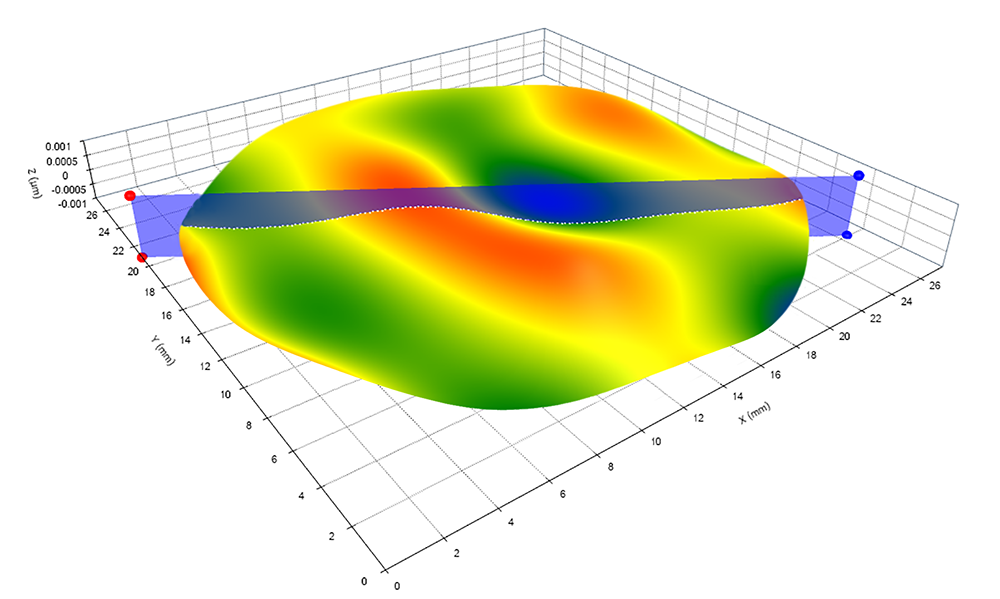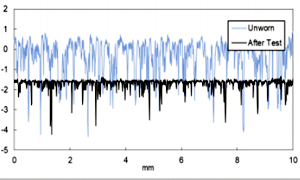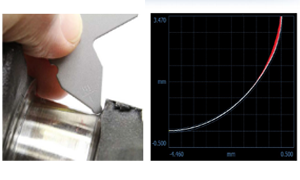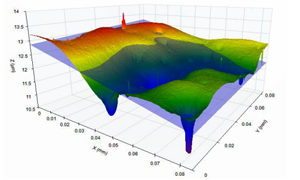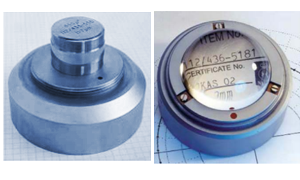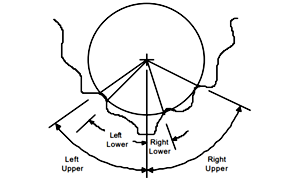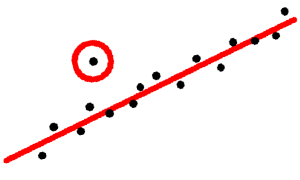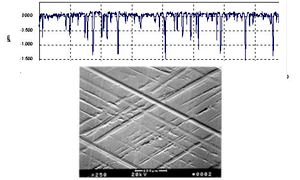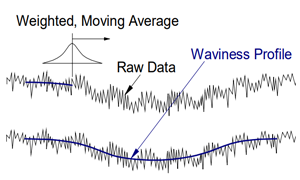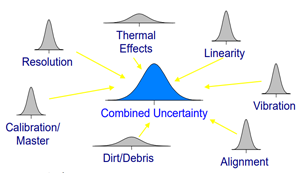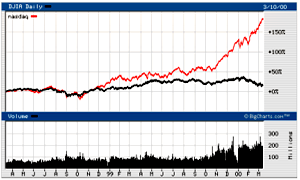Digital Metrology in Print!
Digital Metrology is actively involved in the metrology community in terms of standards development, conferences and technical publications. Watch this page to obtain copies, re-prints or even pre-prints of some of these papers and presentations.
All of the documents are stored as “PDF” files and are readable through the use of the Adobe Acrobat Reader. If you do not have this software installed on you system, you can obtain a free copy HERE.
Defining and Describing Optical Surface Error
November 18, 2020 – Columbus, INControlling optical component performance requires well-defined measurement processes. In this white paper we look at how analysis software can help standardize measurement processes and results, by guiding users through the steps of the measurement process (geometry fitting, filtering, and defining parameters) and by making it simple to visualize the impact of analysis options.
Advanced Wear Analysis with OmniSurf and OmniSurf3D
August 20, 2019 – Columbus, INAccurately assessing wear is critical for designing surfaces in contact. Factors such as coatings. materials and lubricants can significantly influence the durability of an interface and reliable wear analysis is essential in designing and selecting these factors. Unfortunately, mistakes are commonly made when it comes to assessing the actual wear depth for an interface. Often the attributes that we measure and report are not actually related to the amount of wear.
In this article we will present fundamentals and practical tools for exploring and assessing surfaces at various stages of wear. Armed with these accurate assessments we can make comparisons of coatings, materials and lubricants – and ultimately make decisions to ensure reliable, functioning surfaces.
Predicting Surface Functions with Morphological Analysis in AM&D Magazine
July 2019 – Columbus, INFor surface texture measurements to be most effective, results must predict functionality. Morphological filters allow us to quantify functions such as appearance, sealing ability, and wear resistance. Read our article on this topic that appeared in Aerospace Manufacturing and Design Magazine, July 2019.
Areal Surface Texture Analysis Tutorial
"Areal Surface Texture Analysis for Both the Lab and the Engineer's Desk" March 7, 2019 – Columbus, INThis tutorial discusses a step-by-step and visual approach to surface texture measurement. The process, which is the basis of the OmniSurf3D software, allows designers, managers, process engineers and lab staff to explore, understand and communicate surface texture. By providing a common language for surface texture analysis, OmniSurf3D helps everyone involved to improve component performance.
Manufacturing and Measurement Conference and Workshop
"Apples and Oranges - Why Dimensional Measurements Don't Agree" April 25, 2007 – Clearwater Beach, FloridaThis presentation addresses one of today's most costly concerns in applied dimensional metrology: correlation. The disagreement is not often predictable. To address these topics, several aspects of measurement correlation will be explored including wavelengths, uncertainty, instrument performance and "instrument overlap".
International Dimensional Workshop
KEYNOTE ADDRESS: "Dimensional Metrology For Functional Control" May 10-14, 2004 – Nashville, TennesseeThe 2004 International Dimensional Workshop was themed "Dimensional Metrology for Functional Control". This keynote address of the same title discusses a 4th generation approach to dimensional measurement whereby instead of reporting dimensional results, the measurands are those of functional attributes. Examples of simulating product functionality within existing dimensional measuring systems are presented along with methodologies for for extending this approach.
International Dimensional Workshop
"Fitting, Filtering and Analysis - Feature Extraction in Dimensional Metrology Applications" May 6-8, 2002 – Knoxville, TennesseeThe topics of filtering and fitting as well as their relationships were presented in a paper at the 2002 International Dimensional Workshop. The presentation included new filtering methods and example applications of these methods. In addition, methods for incorporating new analysis methods into existing instrumentation were discussed.
ASME B46.1 Seminar
"Cylinder Bore Surface Texture Analysis" April 10-11, 2002 – Romulus, MichiganCylinder bores require some of the most critical surfaces in terms of functionality. They require a balance between: smooth - for the sake of reduced friction; and rough - for lubrication retention and/or debris tolerance. This presentation addresses some of the specification, manufacture and measurement concerns related to these critical surfaces.
Zygo Seminar
"Dimensional and Surface Metrology" May 16-18, 2001 – Middlefield, ConnecticutThis presentation looked at the difficulties and possible solutions for working in the areas of measurement where surface metrology and dimensional metrology overlap. Topics include: instrumentation evolution, filtering and processing of data, functional measurement for difficult features, and metrology in the information age.
SME International Honing Conference
"The Value of a Measurement is in the Application of its Result" April 11-12, 2000 – Nashville, TennesseeAt this year's SME Honing Conference, Digital Metrology Solutions presented a paper addressing the "value of measurement". Given that the audience was primarily made up of manufacturing professionals, this presentation focussed on the proper use of metrology as a "tool" at their disposal. The topics ranged from "why measure?" to a "gentle introduction to measurement uncertainty".
International Dimensional Workshop
"The Closing Gap Between Dimensional and Surface Metrology" May 8-11, 2000 – Knoxville, TennesseeDigital Metrology presented a paper at the 2000 International Dimensional Workshop regarding the over "unification" that it taking place within the field of metrology. More specifically, the historical distinction between "surface metrology" and "dimensional metrology" seems to be going away. Several technical, and economic implications are explored in this context and some general principles are presented regarding the future directions for metrology.

